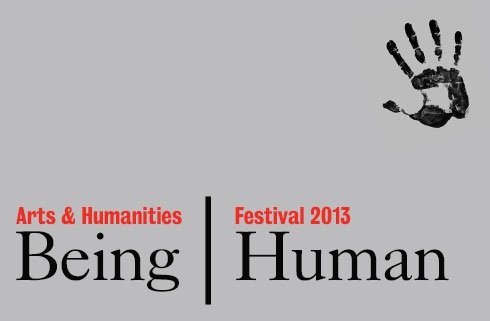The Limits of the Human: Vampires, Zombies, Serial killers and the Cabinet of Dr Caligari
Fri 25 October 2013, 6:30pm -9:00pm
FREE and open to all, however booking is required
King’s College London: Arthur and Paula Lucas Lecture Theatre (room S-2.18) on the Strand Campus, London
Part of the Arts & Humanities Festival 2013: Being | Human
Presented by the Department of Film Studies
Vampires, zombies and serial killers are all close cousins, all in different ways sort of human and sort of not. They tell us something about what we think it means to be human. Is remorseless killing for the sake of it inhuman or all too human? Are vampires and zombies just the way serial killing was understood in earlier times? Why are serial killers so often represented as having supernatural powers over people? This presentation will explore these issues looking across a range of films from the history of the cinema.
This event will focus especially on the 1920 classic German film The Cabinet of Dr Caligari. This has long been famous for its ominous, jagged sets and acting and an ambiguous narrative structure that anticipates by over half a century films such as The Usual Suspects and Memento, and also as a film that seems to foresee the rise of Hitler. It is also a serial killer film, but an unusual one – the character who does the killing is a Cesare, a zombie-like young man held in a permanent sleep by the sinister Dr Caligari, and it is the latter who actually picks the victims and compels the murders. The film is set in the present and based on a recent news item, and yet it seems also that the menacing Dr Caligari has lived for centuries… Are he and Cesare really quite human? Or is any of it quite happening as it appears to be?
Richard Dyer teaches film studies at King’s College London. His books include Stars, White, The Culture of Queers, Only Entertainment and Pastiche. He is currently writing a book about serial killers in European cinema.












